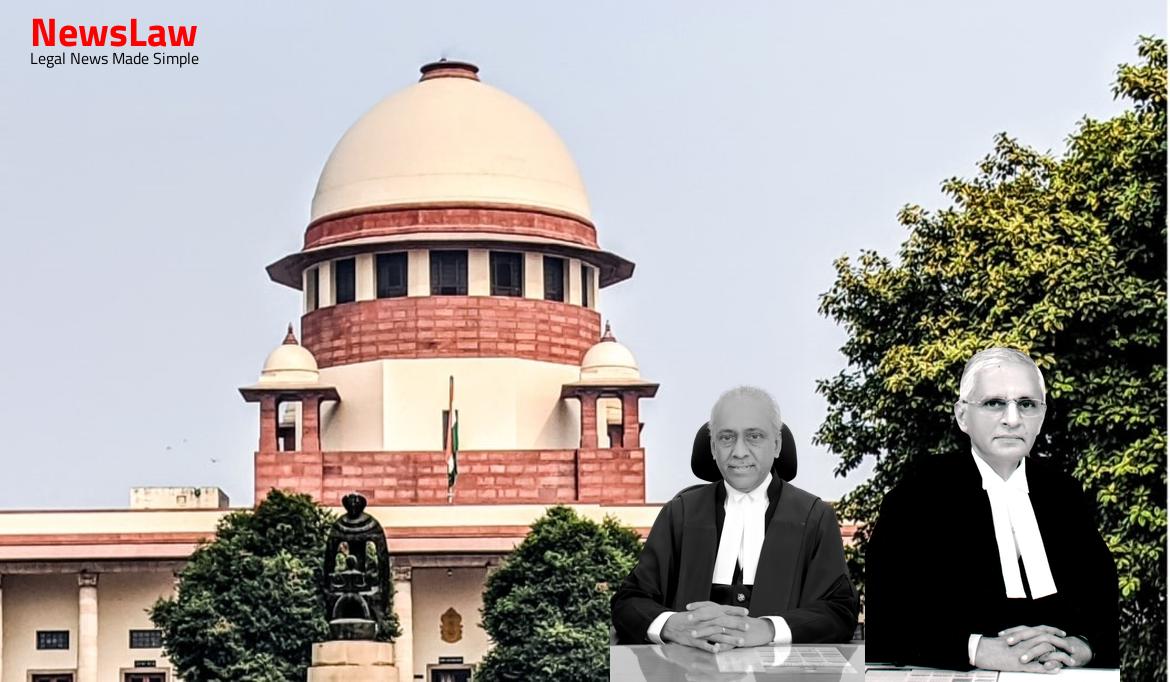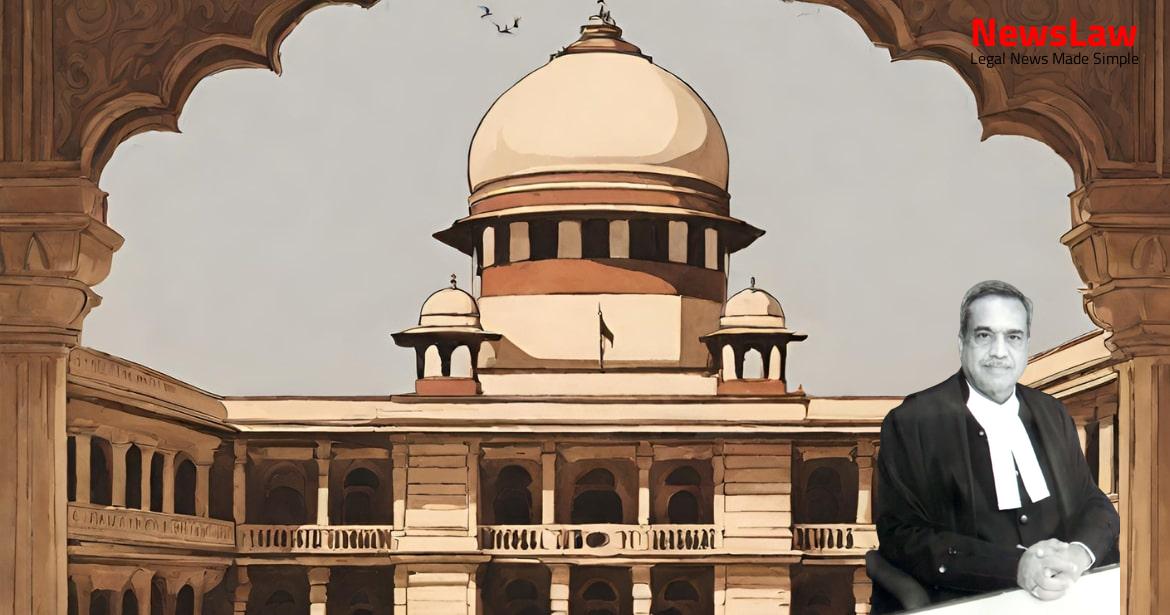The prosecution story begins with a telephone message by one Mantu Das (PW-40) informing the Police Station Kailashahar that huge quantity of blood had been seen on the Kailashahar-Kumarghat Road near Shantipur.
Also Read: https://newslaw.in/case-type/criminal/withdrawal-of-complaint-case-analysis-by-the-court/
While the investigation was still being carried out, the Police Station received information from Arjun Das (PW-7) that his nephew Kaushik Sarkar was missing since the previous evening, i.e. They threw the helmet, purse and two vojalis in the nearby jungle and dragged the dead body and the motor cycle to the nearby river and threw them in the river. The appellant preferred appeal before the High Court which has since been dismissed by the impugned judgment as the High Court was also of the view that the prosecution had been successful in proving the charges beyond reasonable doubt.
Firstly, that every link in the chain of circumstances necessary to establish the guilt of the accused must be established by the prosecution beyond reasonable doubt and secondly, all the circumstances 7 must be consistent pointing out only towards the guilt of the accused. The basic links in the chain of circumstances starts with motive, then move on to last seen theory, recovery, medical evidence, expert opinions if any and any other additional link which may be part of the chain of circumstances.
Motive may also have a role to play even in a case of direct evidence but it carries much greater importance in a case of circumstantial evidence than a case of direct evidence.
The principle of corpus delicti has judgments on both sides stating that conviction can be recorded in the absence of the recovery of the corpus and the other view that no conviction could be recorded in the absence of recovery of the corpus.
This witness in her cross-examination when confronted with her statement under Section 161 CrPC said that no such statement is there, although according to her, she had told the Investigating Officer that she had seen the appellant and ‘juvenile K’ at her gate.
If the extra-judicial confession is to be accepted, the statement of last seen theory given by the mother (PW-25) becomes difficult to be given any credibility.
Also Read: https://newslaw.in/case-type/civil/enhancement-of-maintenance-amount-a-legal-analysis/
It was not a place which could be in the exclusive knowledge of the appellant.
Case Title: INDRAJIT DAS Vs. THE STATE OF TRIPURA (2023 INSC 175)
Case Number: Crl.A. No.-000609-000609 / 2015



